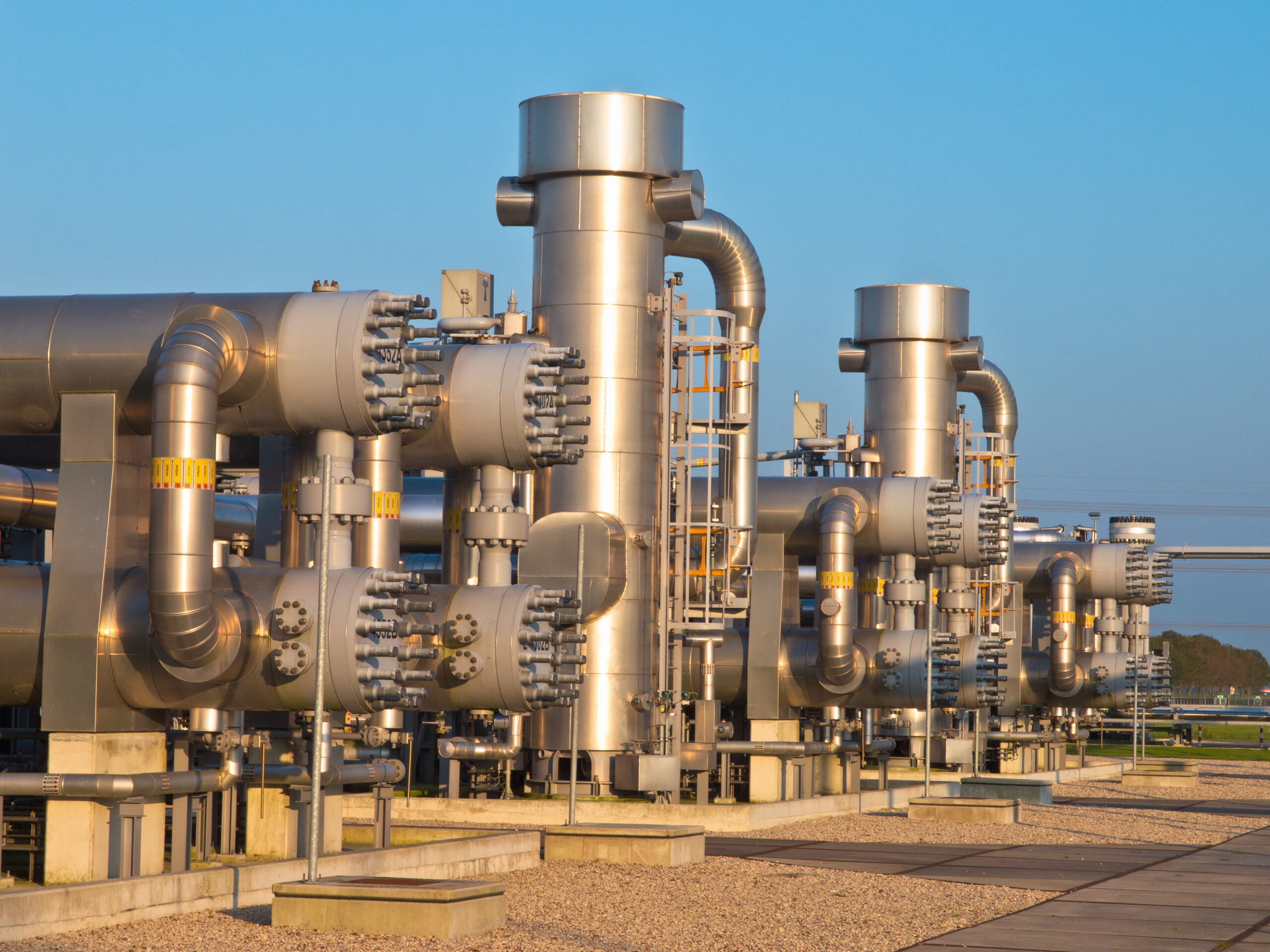
The Middle East, long recognized for its vast oil reserves, is now experiencing a significant shift towards natural gas. Driven by soaring domestic demand, global energy security concerns, and the urgent need to reduce carbon emissions, several key countries in the region are embarking on ambitious gas development projects.
Rising demand and production
The region’s gas consumption surged by 4.7% in 2023, fueled by growing industrial zones and petrochemical businesses. This upward trend is expected to continue, with consumption projected to rise another 4.7% in 2024. To meet this growing demand, the Middle East is set to add 26 billion cubic meters of gas in 2024, primarily from projects like South Pars in Iran and Khazzan-Makarem and Yibal Khuff in Oman.
Major players and key projects
- Saudi Arabia: Aims to double its gas production capacity by 2030, fueled by investments in projects like the Jafurah unconventional gas field. Saudi Aramco has awarded $25 billion in contracts to expand its natural gas production, aiming to increase gas sales by 60% to 2 Bcfd by 2030. A significant portion of this investment is directed towards the Jafurah unconventional gas field, which holds vast reserves of natural gas and condensate. The expansion involves constructing gas compression facilities, pipelines, gas processing trains, and NGL fractionation facilities. The Jafurah project, expected to start production in Q3 2025, will add 3.15 billion cubic feet per day (Bcf/d) of capacity by 2028, 4,000 kilometers of pipelines, and 17 gas compression trains. This ambitious project is expected to boost Saudi Arabia’s energy security and position the country as a major player in the global gas market.
- Qatar: A global leader in liquefied natural gas (LNG) production, Qatar is actively expanding its gas resources. The North Field East (NFE) project, set to be completed by 2027, will increase Qatar’s LNG production capacity by 32 million tonnes per annum (MTPA). Additionally, the North Field South (NFS) project, scheduled for completion by 2030, will further boost Qatar’s LNG production capacity by 16 MTPA. To meet growing domestic demand, Qatar is also investing in domestic gas infrastructure, including expanding pipelines and storage facilities. Furthermore, the country is exploring and adopting advanced technologies to enhance gas production efficiency and reduce environmental impact, such as carbon capture, utilization, and storage (CCUS) technologies. Through these ambitious initiatives, Qatar is solidifying its position as a key player in the global energy transition and ensuring a reliable and sustainable supply of natural gas.
- United Arab Emirates: Investing heavily in its gas infrastructure to meet growing domestic demand and explore export opportunities.
- Algeria: Continues to develop its gas resources to ensure reliable energy supplies to Europe.
- Iraq: With vast untapped gas reserves, Iraq can significantly enhance its energy security and economic development by reducing gas flaring and utilizing this valuable resource for domestic power generation.
Challenges and opportunities
While the Middle East’s gas boom presents significant opportunities, it also faces challenges. To achieve its ambitious production goals, the region will need to invest heavily in infrastructure, technology, and skilled workforce. Additionally, addressing environmental concerns, such as reducing greenhouse gas emissions, will be crucial.
Despite these challenges, the Middle East’s gas revolution has the potential to reshape the global energy landscape. By capitalizing on its abundant resources and strategic location, the region can become a major player in the global gas market, ensuring energy security and economic prosperity for years to come.
ADI carefully monitors oil & gas resource development efforts globally to help national oil companies (NOCs), oilfield service and equipment (OFSE) companies, engineering, procurement, and construction (EPC) players, and investors identify opportunities for growth. Please reach out to us to learn more.
–Uday Turaga
ADI Analytics is a prestigious, boutique consulting firm specializing in oil & gas, energy transition, and chemicals since 2009. We bring deep, first-rate expertise in a broad range of markets including oil & gas upstream, midstream, and refining, where we support Fortune 500, mid-sized and early-stage companies, government agencies, and investors with consulting services, research reports, and data and analytics, with the goal of delivering actionable outcomes to help our clients achieve tangible results.
We also host the ADI Forum, one of Houston’s distinguished industry conferences, to bring c-suite executives together for meaningful dialogue and strategic insights across the oil & gas, energy transition, and chemicals value chains. Learn more about the ADI Forum, which is chaired by Uday Turaga, Founder & CEO, ADI Analytics, at www.adi-forum.com.
Subscribe to our newsletter or contact us to learn more.



















